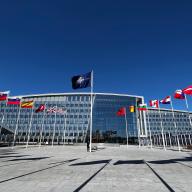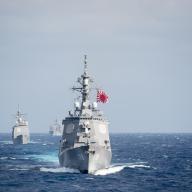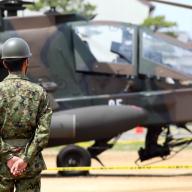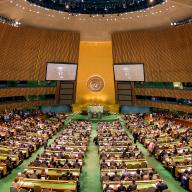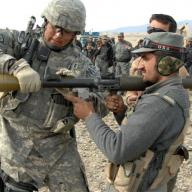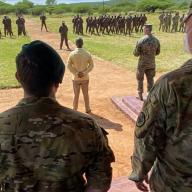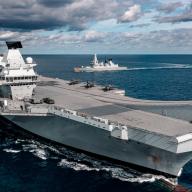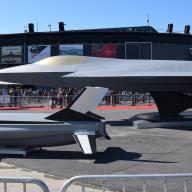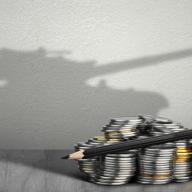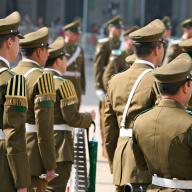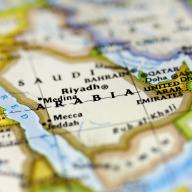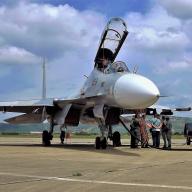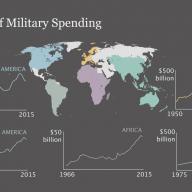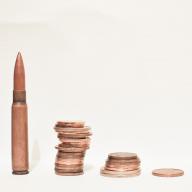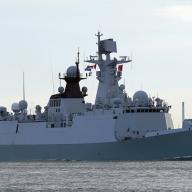This backgrounder looks at the principles and sharing mechanisms for these direct funding arrangements, with a focus on transparency and accountability.
Related commentary:
Going private (equity): A new challenge to transparency in the arms industry
In the latest ranking of the world’s largest arms-producing and military services companies (the SIPRI Top 100), published in December 2022, two firms based in the United States—Peraton and Amentum—had recently been acquired by private equity firms. Both their arms sales were considered to have a high degree of uncertainty.
The proposed hike in Japan’s military expenditure
On 23 December 2022, the Japanese cabinet unveiled its 2023 budget for the Japanese Self-Defense Forces (JSDF), totalling 6.8 trillion yen ($52 billion). The new budget is 26 per cent higher than the JSDF budget for 2022, the largest year-on-year nominal increase in planned military spending since at least 1952.
Towards a more secure future through effective multilateralism based on facts, science and knowledge
Explainer: The proposed hike in German military spending
A few days after Russia launched its first airstrikes against the Ukrainian capital of Kyiv, the German Parliament convened for a special Sunday session. German Chancellor Olaf Scholz took the floor and, within half an hour, did away with decades of political restraint and ushered in a new era of German foreign and security policy.
Reassessing SIPRI’s military expenditure estimate for the United Kingdom
In November 2020, in the midst of the ‘second wave’ of COVID-19 and despite a projected 10.4 per cent decrease in the United Kingdom’s gross domestic product in 2020, the British Government announced a £16.5 billion budget boost for ‘defence’.
Autocracy is on the rise: Should we expect military spending to follow?
Autocracies are once again the global majority. The 2020 Democracy Report of the Varieties of Democracy Institute (V-DEM), ‘Autocratization surges, resistance grows’, raises the alarm that while the world in 2019 was substantially more democratic than it was in the 1970s, an ongoing trend of autocratization may reverse this scenario.
COVID-19: A new wave of European arms industry consolidation?
As coronavirus disease 2019 (COVID-19) has caused the most severe economic crisis since the 1930s, could we witness a new phase of consolidation within the Western and Central European arms industry? This SIPRI Essay gives an early glimpse at where these three factors stand after the ‘great lockdown’. It proposes that the European arms industry may be at the outset of a larger consolidation movement.
Saudi Arabia, armaments and conflict in the Middle East
This topical backgrounder puts a spotlight on armament developments in Saudi Arabia, the country with the highest levels of military spending and arms imports in the Middle East. It aims to contribute to the efforts by SIPRI to gain a better understanding of the impact of militarization on security, conflict, peace and development in the region.
Increased international transparency in military spending is possible
On 20 October the First Committee of the United Nations General Assembly will discuss the annual report by the UN Secretary-General containing military expenditure data submitted by UN member states. In keeping with the trend seen in recent years, the number of UN member states participating in the reporting process for 2017 is comparatively low. However, analysis by SIPRI indicates that many non-participating member states, including countries in sub-Saharan Africa, now release much of the relevant data into the public domain.
Debating the future of the German arms industry, again
Germany is, once again, debating the future of its arms industry, with long-held state support for arms production within Germany appearing to crumble.
Deciphering China’s latest defence budget figures
On 4 March the Chinese Government presented its 2014 budget to the National People's Congress (NPC), but it does not accurately represent the total amount spent by China on its military.
Balancing transparency and national security
When governments are less than transparent about their military budgets, this has serious ramifications for democracy and security.
The myth of Sisyphus and the security burden of the Middle East
Despite research showing that military spending does not prevent wars, world military spending has been stable at roughly three per cent of global GDP since 1990.
Weighing the benefits of military versus civilian research in the European Union
The EU's attempt to fight the economic crisis by shifting research money to the defence sector is highly questionable.
Is an arms race just a race to the bottom?
The arms race to the bottom—when states willingly arm themselves even when evidence suggests they should disarm—has begun to shape states' military spending.

